![Pál Szinyei Merse’s Postage Picnic in May [aka Majális] (1967)](https://picnicwit.com/wp-content/uploads/2022/06/Pál-Szinyei-Merses-Picnic-in-May-aka-Majális-1873-1080x675.jpg) The Hungarian government has issued postage stamps in honor of Merse’s standing among the nation’s most important painters. The former was published in 1966 and the latter in 1967. Majális celebrates the seasonal change and the Hungarian custom of dining outside in...
The Hungarian government has issued postage stamps in honor of Merse’s standing among the nation’s most important painters. The former was published in 1966 and the latter in 1967. Majális celebrates the seasonal change and the Hungarian custom of dining outside in...
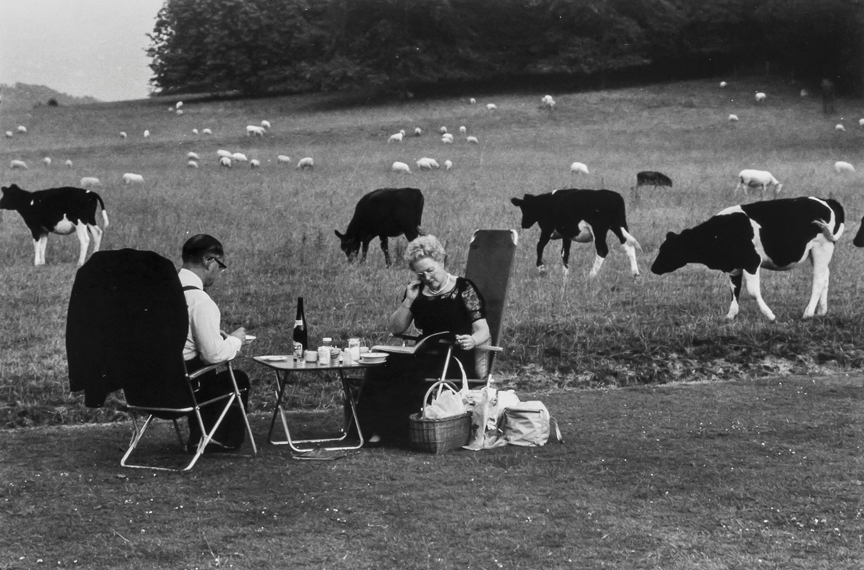 Ray-Jones’ attitude towards life was to expose its “gentle madness” and “to walk, like Alice, through a Looking-Glass, and find another kind of world with the camera.” He preferred to photograph situations that are “ambiguous and unreal, and the juxtaposition of...
Ray-Jones’ attitude towards life was to expose its “gentle madness” and “to walk, like Alice, through a Looking-Glass, and find another kind of world with the camera.” He preferred to photograph situations that are “ambiguous and unreal, and the juxtaposition of...
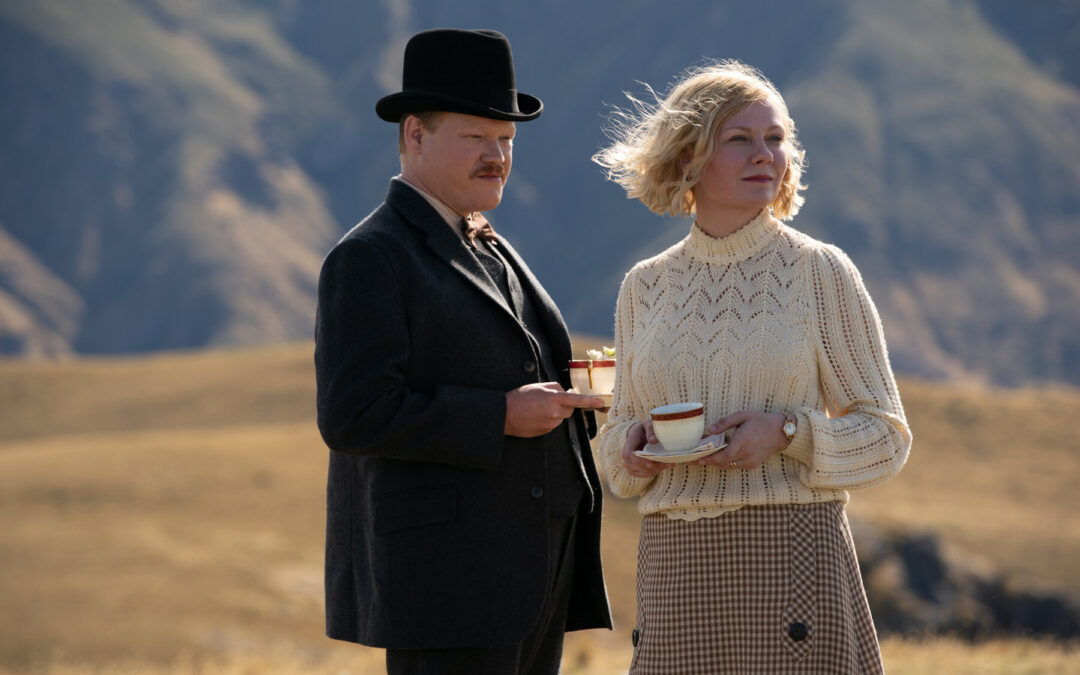 Though it’s February and light snow is on the ground, Rose Burbank stops for a picnic. She’s romancing George Burbank, a good-hearted undemonstrative rancher. He’s thinking about his automobile and what it would be to have a more luxurious model, a...
Though it’s February and light snow is on the ground, Rose Burbank stops for a picnic. She’s romancing George Burbank, a good-hearted undemonstrative rancher. He’s thinking about his automobile and what it would be to have a more luxurious model, a...
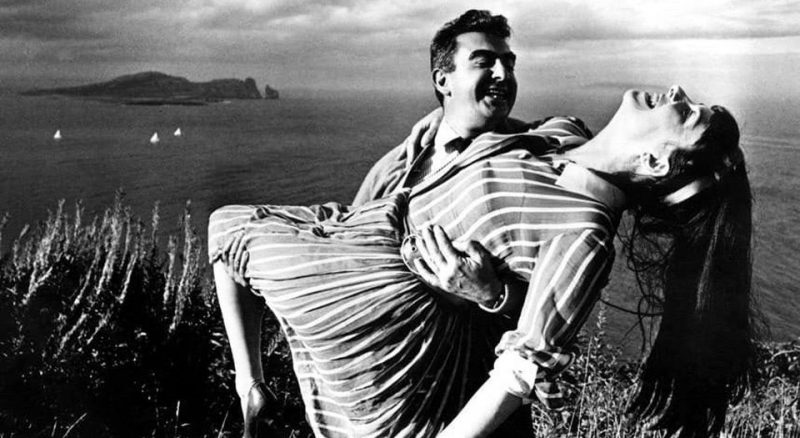 On June 16, 1906, unknown to each other, Leopold Bloom and Molly Bloom remember the picnic on the Hill of Howth when they agreed to marry sixteen years earlier. a popular park outside of Dublin. As part of her soliloquy in which Molly recalls the day, she remembers...
On June 16, 1906, unknown to each other, Leopold Bloom and Molly Bloom remember the picnic on the Hill of Howth when they agreed to marry sixteen years earlier. a popular park outside of Dublin. As part of her soliloquy in which Molly recalls the day, she remembers...
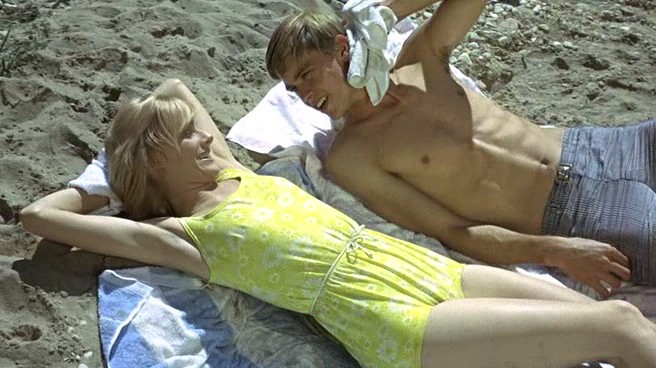 Miller’s picnic captures an awkward, passionless-first-time-sexual encounter between Mick and Harry in Carson McCullers’s The Heart is a Lonely Hunter. According to McCullers, Mick and Harry hardly speak, and the narrative breaks off before they have sex....
Miller’s picnic captures an awkward, passionless-first-time-sexual encounter between Mick and Harry in Carson McCullers’s The Heart is a Lonely Hunter. According to McCullers, Mick and Harry hardly speak, and the narrative breaks off before they have sex....
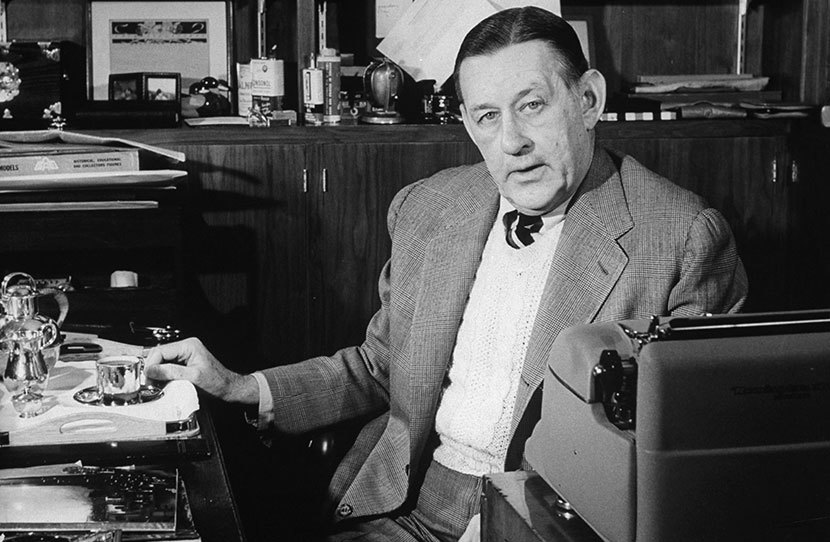 O’Hara’s “A Few Trips and Some Poetry “is a long story about a picnic where the pleasure of sharing is sexual. O’Hara’s picnic-sex episode provides a memory that lasts a lifetime. What is served at this picnic is not the usual fare;...
O’Hara’s “A Few Trips and Some Poetry “is a long story about a picnic where the pleasure of sharing is sexual. O’Hara’s picnic-sex episode provides a memory that lasts a lifetime. What is served at this picnic is not the usual fare;...
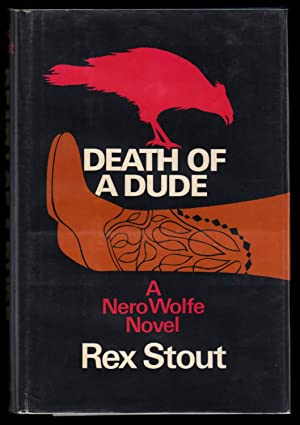 Wolfe’s tale of murder unfolds when Rex Stout’s three-hundred-and-fifty-pound detective is to give a short speech at the United Restaurant Workers of America Fourth of July celebration at Culp’s Meadows, somewhere on Long Island. As narrated by...
Wolfe’s tale of murder unfolds when Rex Stout’s three-hundred-and-fifty-pound detective is to give a short speech at the United Restaurant Workers of America Fourth of July celebration at Culp’s Meadows, somewhere on Long Island. As narrated by...
![Anna Mary Robertson. [Grandma Moses]. July Fourth Postage (1969)](https://picnicwit.com/wp-content/uploads/2014/07/Grandma-Moses.png) In 1969 the United States issued a postage stage stamp with a Grandma Moses painting’s July Fourth subject. The stamp shows a horse-drawn carriage going somewhere, but the story ends just as it is about to reach its destination. It ought to have had a picnic because...
In 1969 the United States issued a postage stage stamp with a Grandma Moses painting’s July Fourth subject. The stamp shows a horse-drawn carriage going somewhere, but the story ends just as it is about to reach its destination. It ought to have had a picnic because...
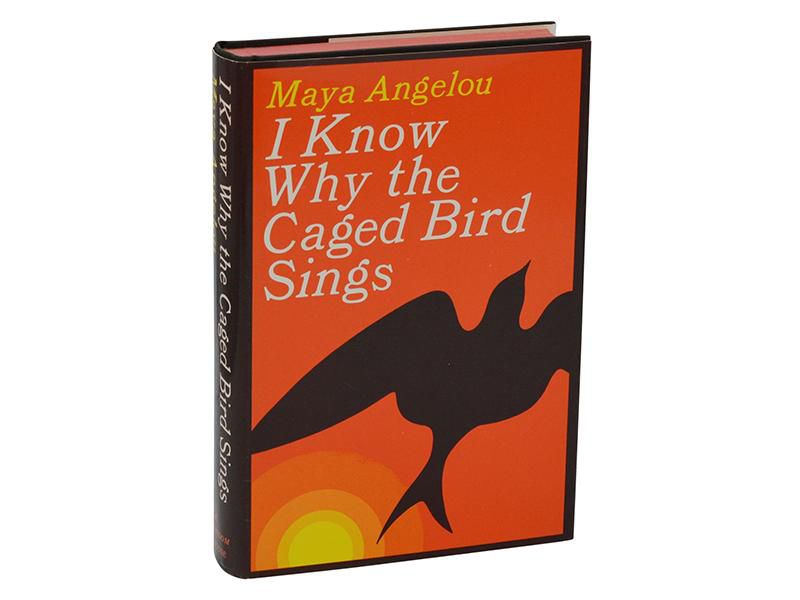 Angelou fondly recalls the “summer picnic fish-fry” with characteristic high spirits. As narrated in her fictionalized memoir, I Know Why the Caged Bird Sings, Angelou explains this was the biggest outdoor event of the year” in the African American Stamps, Arkansas....
Angelou fondly recalls the “summer picnic fish-fry” with characteristic high spirits. As narrated in her fictionalized memoir, I Know Why the Caged Bird Sings, Angelou explains this was the biggest outdoor event of the year” in the African American Stamps, Arkansas....
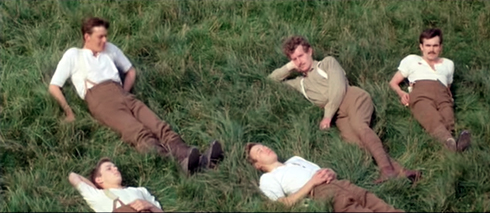 Attenborough’s Oh! What a Lovely War keeps the essential anti-war satire originally envisioned by Charles Chiltern and Joan Littlewood. New and effective, however, is the film’s final sequence, which begins as a picnic on the grass and ends with a...
Attenborough’s Oh! What a Lovely War keeps the essential anti-war satire originally envisioned by Charles Chiltern and Joan Littlewood. New and effective, however, is the film’s final sequence, which begins as a picnic on the grass and ends with a...
![Pál Szinyei Merse’s Postage Picnic in May [aka Majális] (1967)](https://picnicwit.com/wp-content/uploads/2022/06/Pál-Szinyei-Merses-Picnic-in-May-aka-Majális-1873-1080x675.jpg)
![Pál Szinyei Merse’s Postage Picnic in May [aka Majális] (1967)](https://picnicwit.com/wp-content/uploads/2022/06/Pál-Szinyei-Merses-Picnic-in-May-aka-Majális-1873-1080x675.jpg)






![Anna Mary Robertson. [Grandma Moses]. July Fourth Postage (1969)](https://picnicwit.com/wp-content/uploads/2014/07/Grandma-Moses.png)


